One of the best parts of IESE’s MBA is that you can participate in different overseas modules around the globe (New York, São Paulo, Shanghai and Nairobi – check out Amalia Colom’s complete review) in the second year of the program. These modules last two weeks each and offer various courses related to the respective regions. Ever since I saw the video on the Nairobi module for the first time, it had been on the top of my list of things that I wanted to do during my MBA. What a unique learning experience it seemed!
I flew to Africa with high expectations. Here are the top reasons why those expectations were not only met but also clearly exceeded, and why I believe this module is one of the absolute top highlights of my MBA:
1. African challenges vs. opportunities. Africa is so much more than the (mostly negative) picture projected in Western media (diseases, corruption, political instability…). Of course, it is full of challenges. But every challenge also represents an opportunity. In the module, we saw quite a few success stories that “Western” companies could learn from. Did you know that you can move across borders without paying roaming fees for your phone? Or that unbanked people in rural areas can pay with their mobile phones? Or that there are more than 10 African countries with a Gross National Income per capita greater than China’s?
2. The networks of Strathmore Business School (SBS) and IESE surprised us every day. For every case, we had a top guest speaker from the respective company or industry who gave us additional insights and told us what happened afterwards. In addition, we met with local entrepreneurs, private equity partners, the CEO of GE Africa, the head of development UNICEF Africa and the former governor of the Kenya Central Bank.
3. The structure of the first week was well balanced and included discussing African business cases, visiting companies, SBS school projects in the Kibera slums and a retail safari in local markets, as well as networking with SBS students. For the latter, we exchanged business knowledge on our areas of expertise (e.g. e-commerce in Africa vs. Europe) and did a negotiation exercise of African vs. non-African students. This was certainly a highlight of the week. We proved that some of our expectations were wrong (“When we heard that we had to negotiate with Germans, we expected mean-looking people, but they weren’t”), while others were right (Americans are well-prepared on numbers, with detailed spreadsheets). Comparing expectations and reality after the negotiations was certainly a lot of fun for everyone involved. A dinner with SBS students complemented this experience.
4. Whatever we learned during the two weeks is not only applicable when working in/with Africa in the future. There are also parallels to other emerging markets. And certainly every market can learn from the entrepreneurial thrive and successful African business models.
5. The second week we did hands-on consulting projects with companies. My team worked on a marketing plan for new international boarding school facilities in Nairobi. We found out that only 2% of the Kenyan households can afford international education for their kids. In our analysis, we could draw from the learnings from the first week, such as the importance of “word of mouth” for marketing. Overall, our experience was 100% positive and we were very grateful for the positive collaboration with the school. Every day, we left the school’s facilities with a smile and enjoyed the rides back to our accommodation on the school bus.
6. Professor Alejandro Lago, one of the top three professors I have had at IESE. His energy and enthusiasm are infectious and make it easy to pay attention even after long and intense days in class. Together with the SBS crew, he always sought the best experience for his students and proved that nothing is impossible.
7. The excellent organization of SBS, the MBA Office and Alex Lago. They ensured the program (see above) could be realized without big deviations and that safety was never an issue.
8. The module was full of intercultural learnings. Bearing in mind the importance of intercultural understanding when dealing with people and doing business, there is no better place to learn than on-site. The power of storytelling and the importance of communities impressed me the most. We also had heated case discussions on corruption and bride prices.
9. Spending two weeks together is truly a bonding experience. None of us will forget the diverse course activities, having a Nairobi BoW (Bar of the Week) to celebrate a classmate’s birthday, and trying to spot a lion in a national park.
10. The timing of the module makes it possible to combine it with travelling in beautiful East Africa. This way, you will experience Africa in greater depth, appreciating its culture, food, infrastructure, demographics and of course, its wildlife. Gorilla trekking in Uganda on Christmas Day and camping in the Serengeti with buffaloes, elephants and hyenas on the campsite are moments that I will never forget.


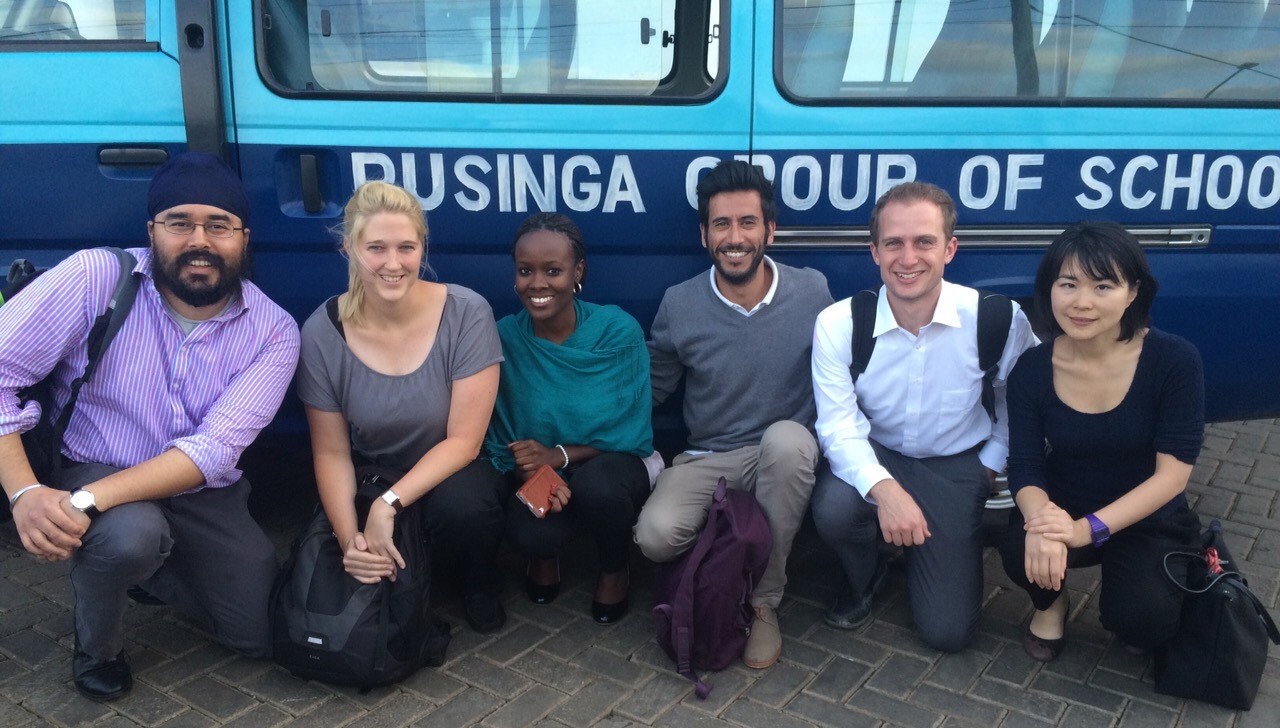
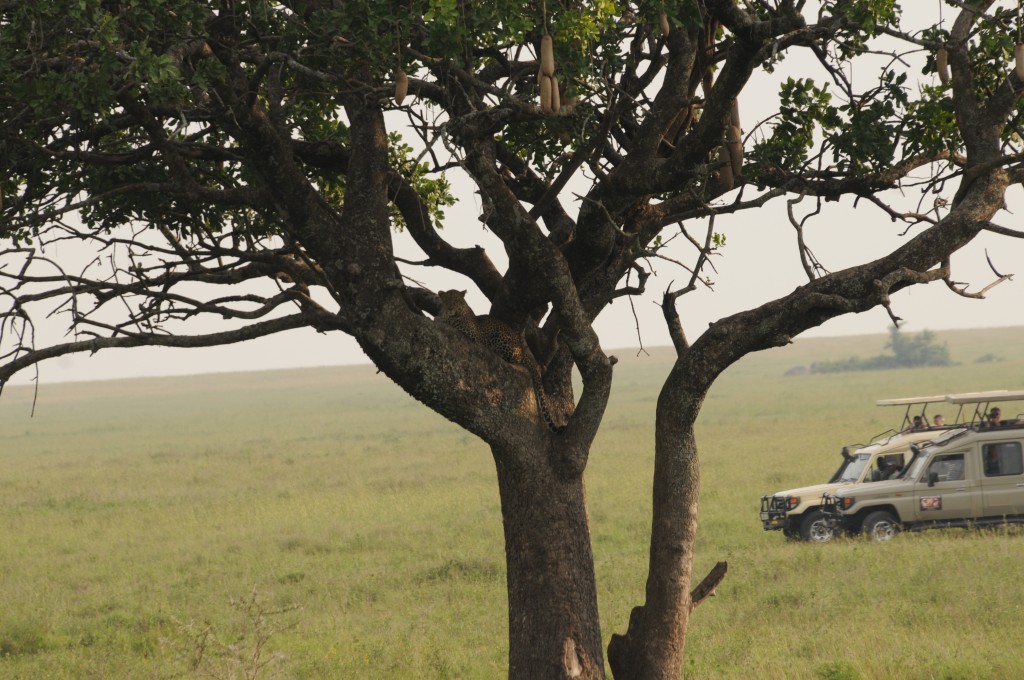
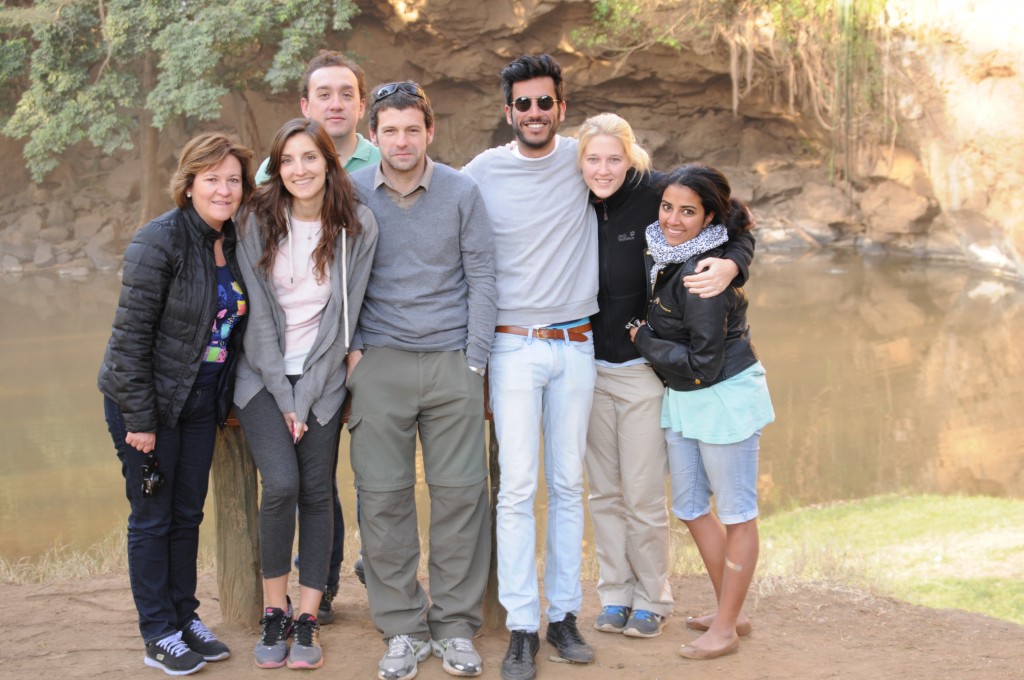
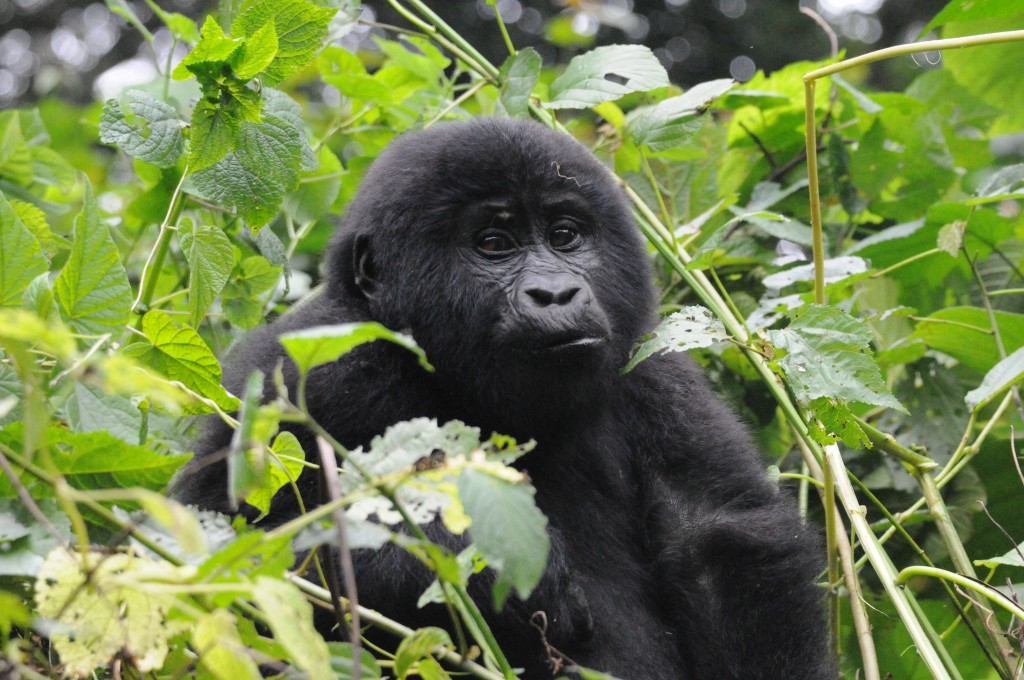
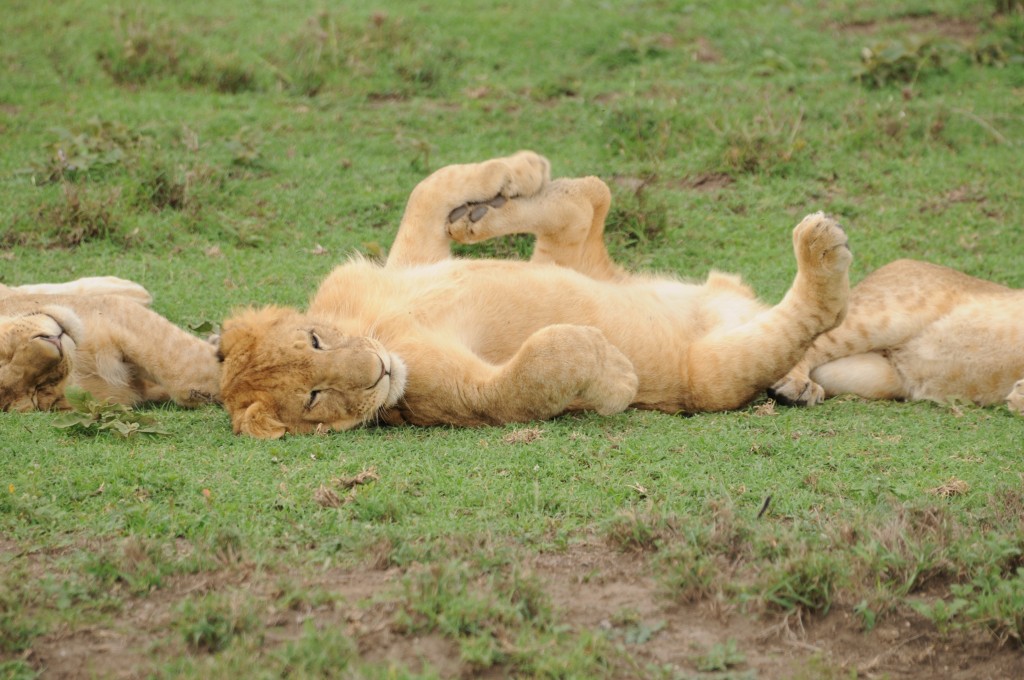




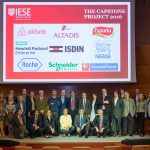
Pingback: Top 10 Reasons to Do the Nairobi Module | Strathmore Business School Blog
Happy to have had all of you around . . . ; in case you are in Nairobi, feel free to pasby SBS – we certainly have some time for you. All the best as you approach your graduation in May
Great job! A great initiative.